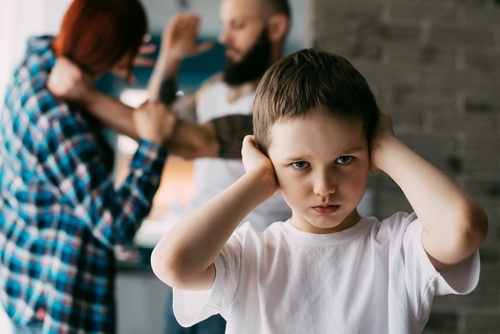
Children who grow up seeing their mothers experience intimate partner violence (IPV) or depressive symptoms have poorer socioemotional development, according to a new study published in JAMA Network Open.
Almost 1 in 4 women experiences IPV during their lifetimes. Researchers note that mothers exposed to IPV are more likely to suffer from depression and administer harsh discipline to their children, which in turn may negatively impact child socioemotional development.
In this Tanzanian-based study, researchers analyzed 981 mother-child pairs, comprised of 388 children between the ages of 18 and 24 (52% male). The main end point of interest was defined as child socioemotional development, which was measured by the Caregiver-Reported Early Child Development Instruments. The data were analyzed between September 10, 2019, and January 20, 2020.
A Troubling Connection
The results of the study showed a negative correlation between mothers reporting physical IPV only, and physical and sexual IPV with negative child socioemotional scores, although neither was link statistically significant after including depressive symptoms in the model. Furthermore, the researchers noted, there was a negative association observed between maternal mild to severe depressive symptoms and child socioemotional development, even after adjusting for IPV. They further noted that harsh disciplinary practices and stimulation were not associated with child socioemotional development after adjusting for IPV, and maternal depressive symptoms.
“The high burden of IPV and depression indicates the need for interventions for mothers, children, and families in rural Tanzania and similar settings to reduce and ameliorate IPV and poor maternal mental health. In addition, growing up in an abusive and toxic environment can greatly affect the psychosocial development of children and subsequently affect their life outcomes,” the researchers noted. “Globally, protection policies for mothers and children are needed to address the prevention of violence and to provide safety and support for those who have experienced violence.”

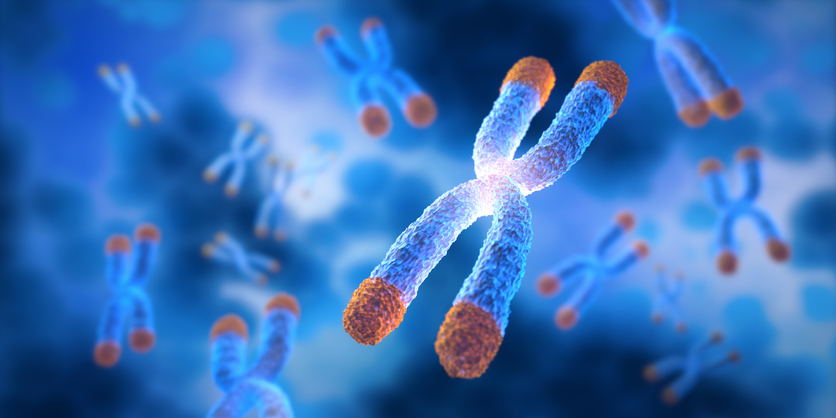
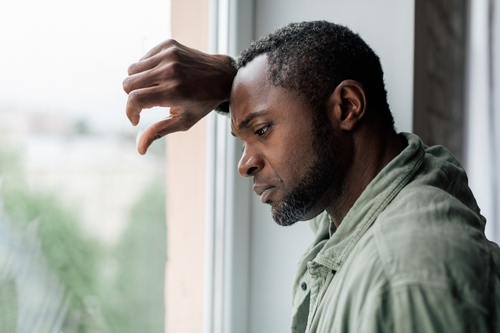
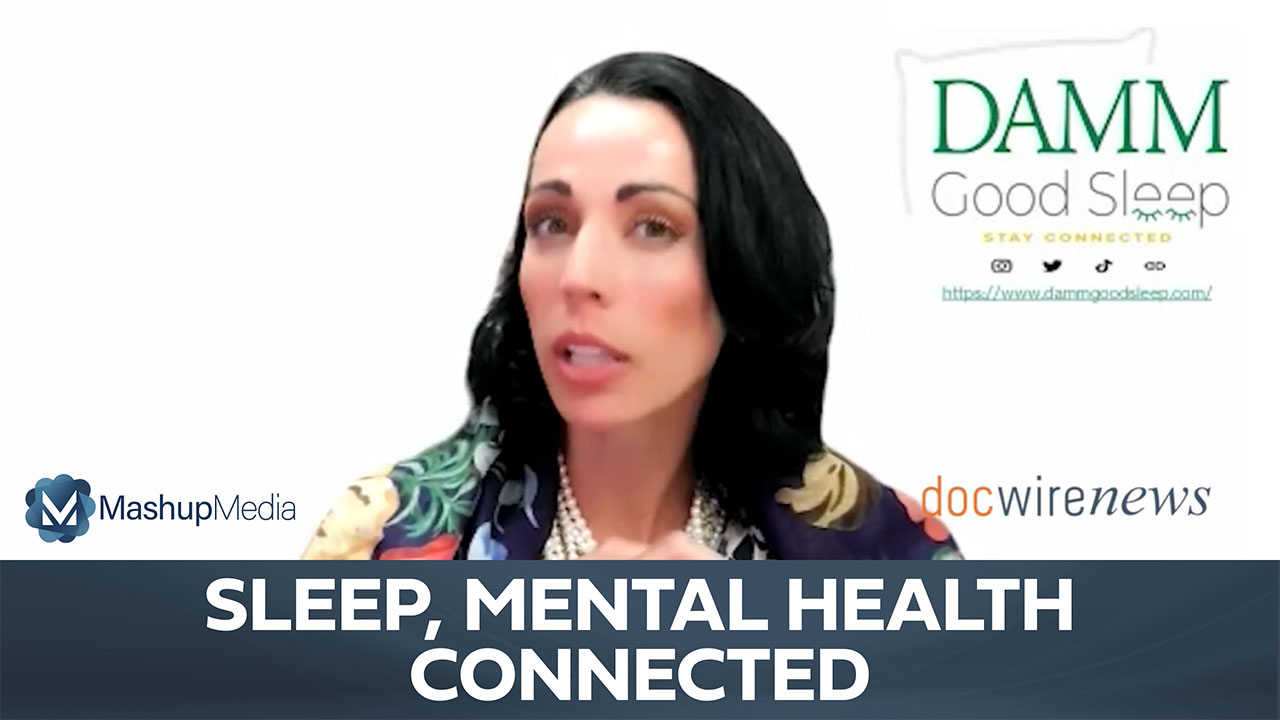
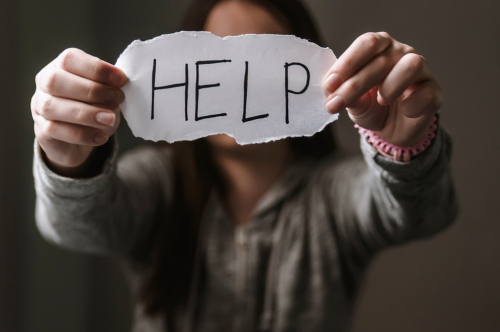
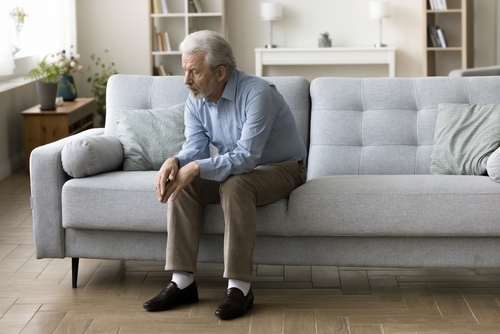

 © 2025 Mashup Media, LLC, a Formedics Property. All Rights Reserved.
© 2025 Mashup Media, LLC, a Formedics Property. All Rights Reserved.